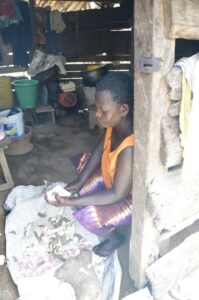
Peeling cassava.
Less than $2 a day
The people of Akim Kwameng are nearly all farmers. Their major harvest is the yearly cocoa bean harvest. The income they obtain for this is nearly everything they earn each year. Most of the farmers in the village earn less than $2 a day, with many earning significantly than that. Most of their farming is simply to supply their own needs for daily survival, which is referred to as sustenance farming. One of the staple crops in the region is cassava, which is a root vegetable similar to a potato but in the shape of a sweet potato. This grows year-round and makes up a significant part of the Ghanaian diet.
The challenge
While most farmers grow cassava, the amount they receive for raw cassava is very low, if they can even find someone to purchase it. Processed cassava, on the other hand, is a valuable commodity. The challenge they face is that processing raw cassava requires expensive machines and time-consuming. A diesel-powered grinding mill can cost thousands of dollars, an amount that impossible for any farmer in the area.
The Idea
After many conversations with the farmers in Akim Kwameng and surrounding villages, it was determined that one of the most effective ways to improve the condition of the people was to find a way that farmers could earn a regular income. Currently, there is not a single cassava processing mill in the entire district. A mill would provide a place for local farmers to sell their harvest and plant more immediately with the knowledge that there will be a market and it will not go to waste.
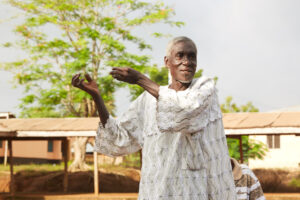
A farmer speaks about the challenges they all face.
The Goal
Beginning during the Christmas season of 2019, First Baptist Church of Elgin will begin raising funds for the construction of a cassava mill for the village of Akim Kwameng. The money raised will be used to provide loans to farmers that need to purchase sticks for planting, have their field cleared and begin the work. The money will also provide the equipment needed to process the cassava and build a structure to store the product. We are excited to begin this project in November of 2019.
As of December 22, 2019 - the goal of $15,000 was met! This will pay for the completion of the proof of concept to begin this process.
Update 3/18/2020 : Work has begun on this project with the clearing of land for the first 10 farmers. Over half of those have begun planting.
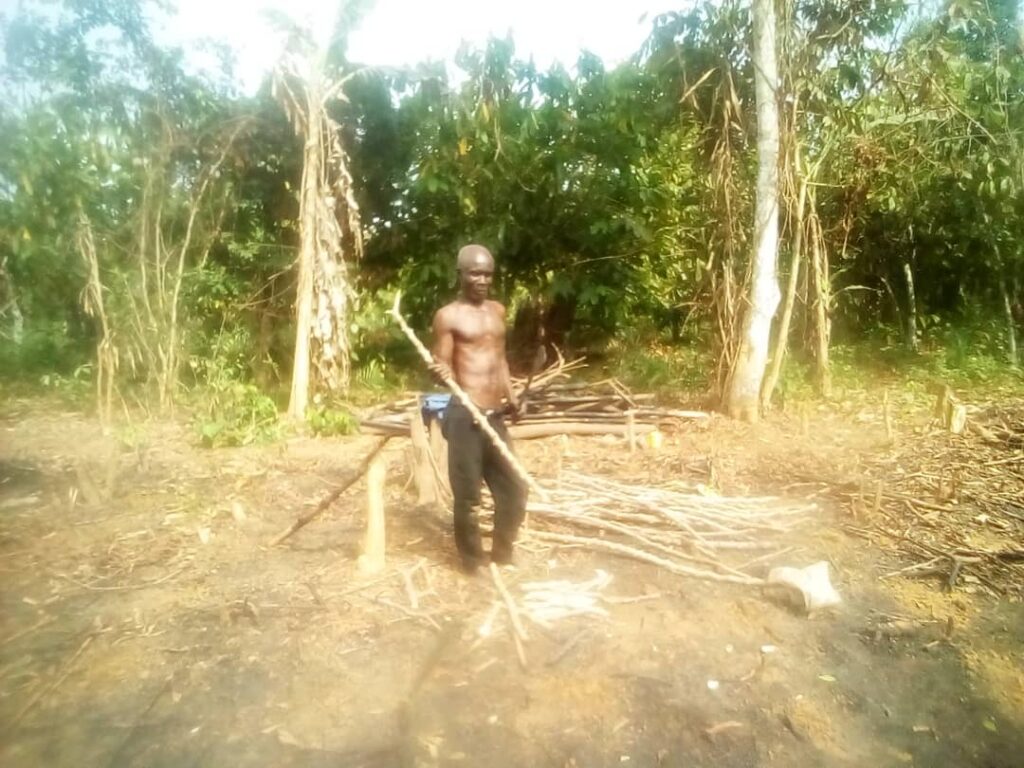
Our first Two Pennies sponsored farmer, planting on land that was just freshly cleared.
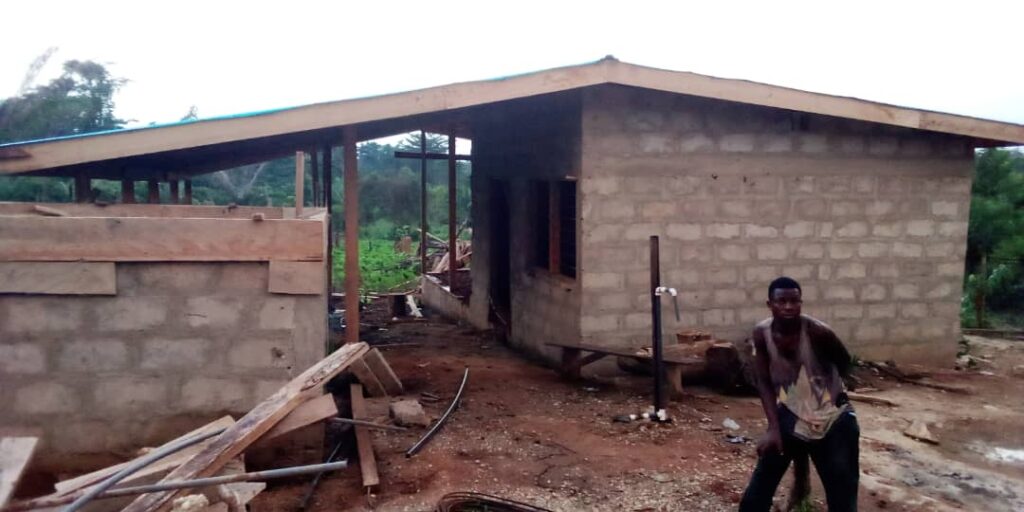
The cassava mill as of June 2020.
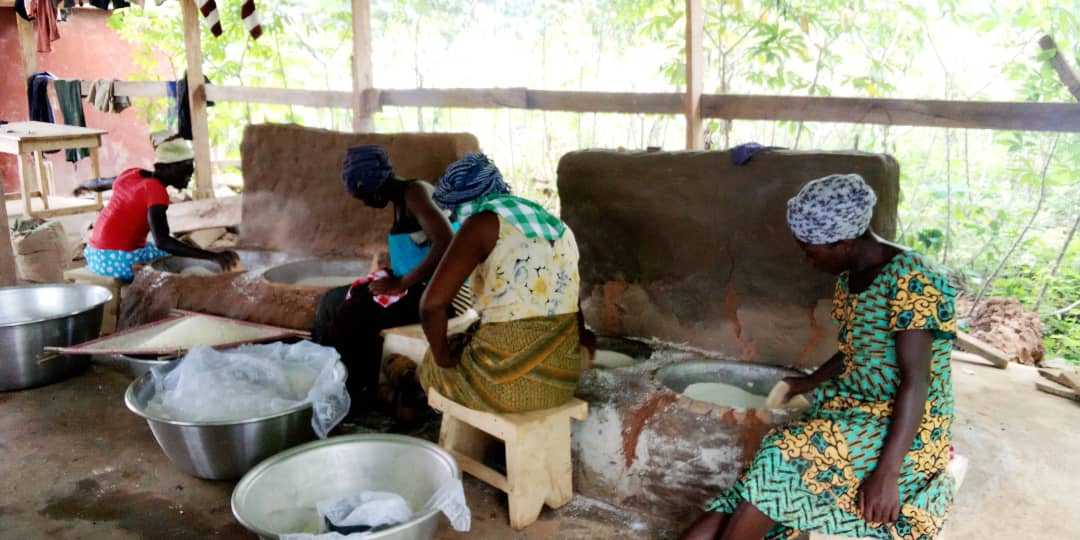
The workers at the proof of concept mill working on the final component of frying garri. October 2020.
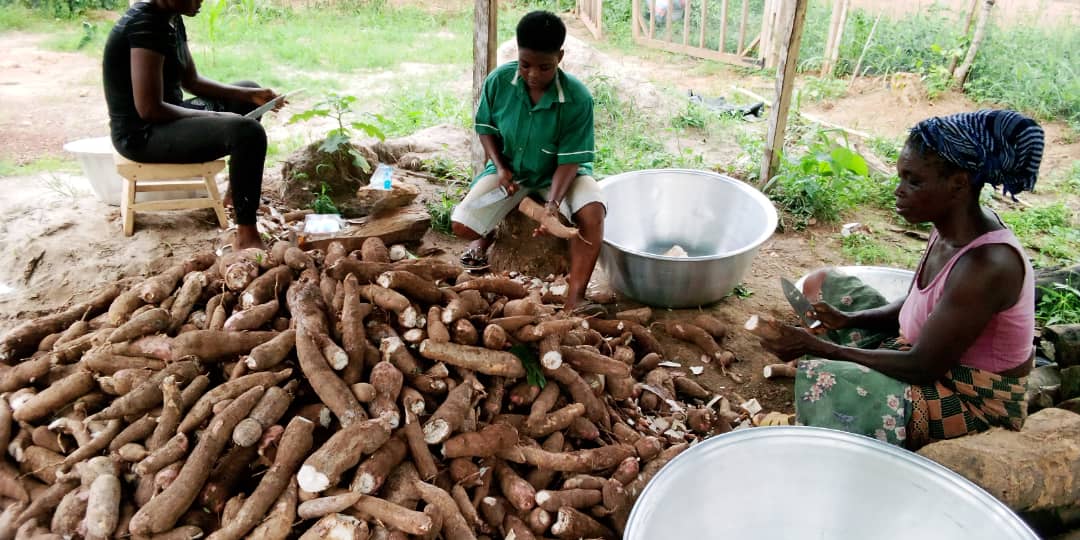
The workers at the Proof of concept mill peeling Cassava. November 2020.
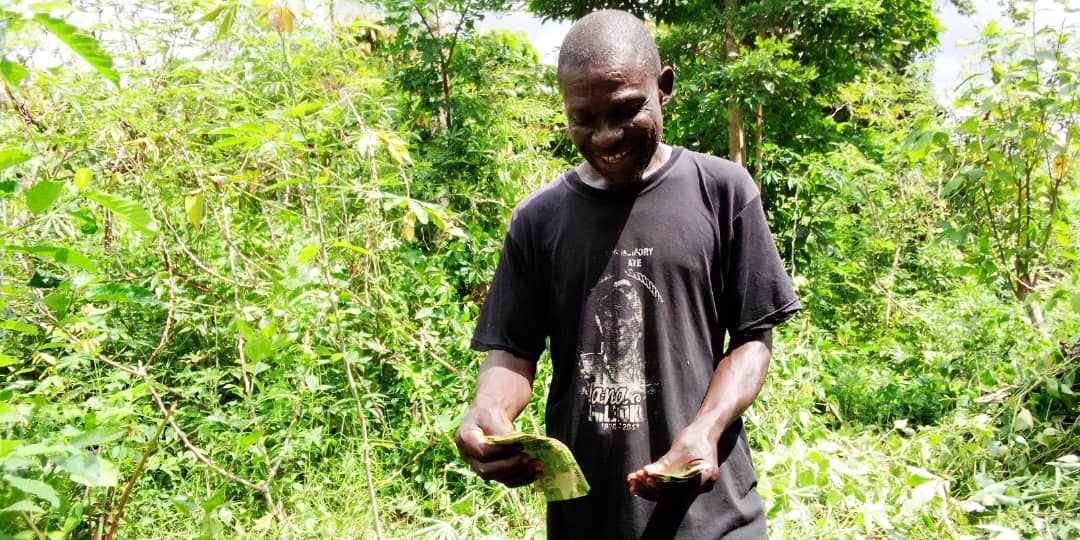
Agyah Koo being paid for his harvest of cassava. Agyah lives in the bush (more remote area) and usually earns an income once a year when the cocoa harvest comes in.
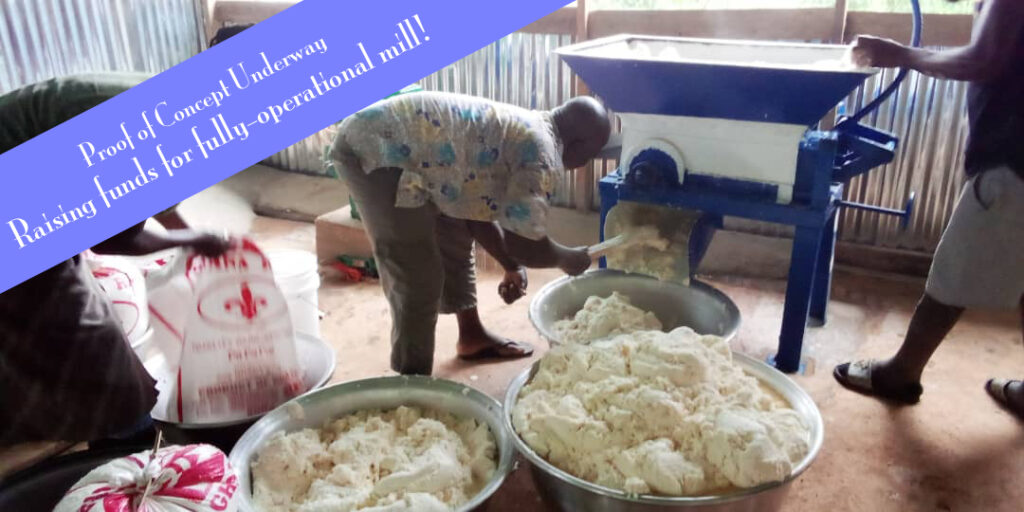









Leave a Reply